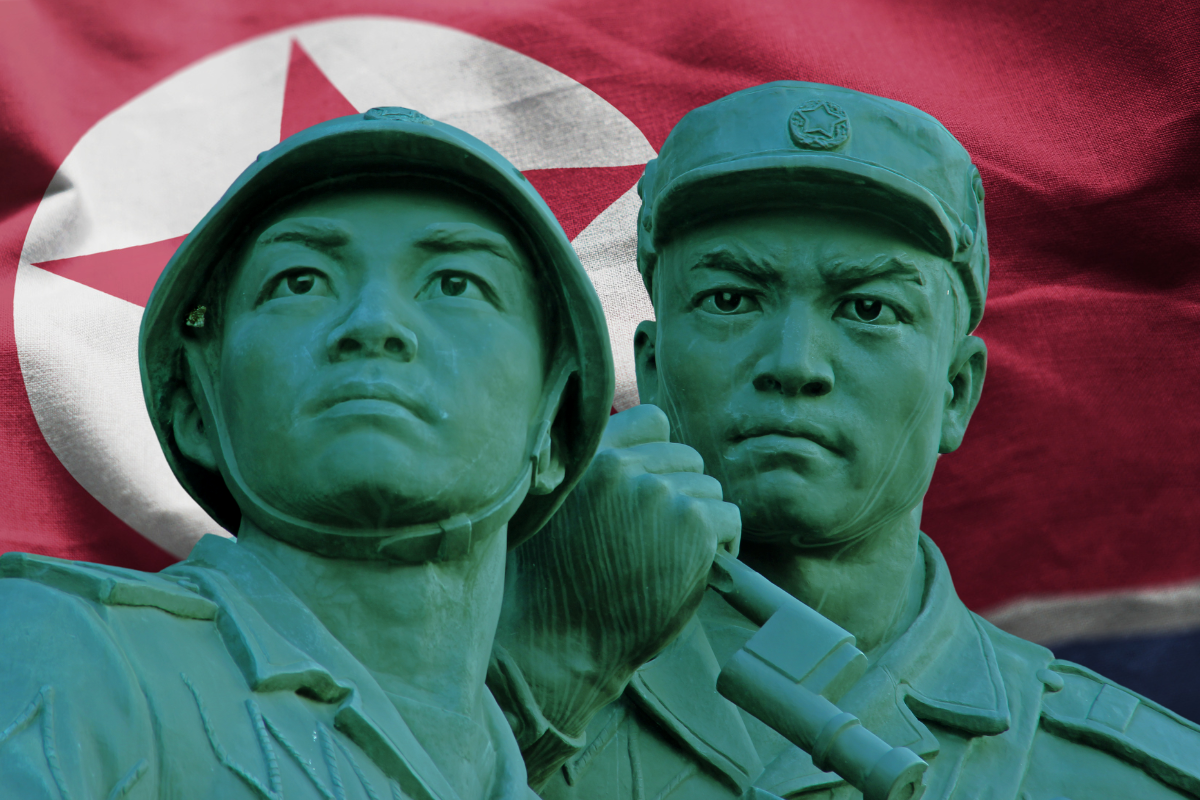In a shocking revelation, North Korean soldiers allegedly deployed to Russian-occupied territories in Ukraine have cast a grim spotlight on human rights abuses, sparking international condemnation. The claims surfaced on Monday, 14 January 2025, through a report by Human Rights Watch (HRW), which detailed the exploitation of North Korean labourers in Russia and their suspected involvement in supporting the ongoing conflict in Ukraine.
The report highlights how North Korea’s authoritarian regime, under Kim Jong-un, has long relied on forced labour schemes to generate foreign currency. These programmes reportedly funnel workers to countries like Russia, where their earnings are seized by Pyongyang.
Now, it appears that some of these labourers have been pressed into service in Ukraine, raising serious questions about human trafficking, coercion, and violations of international law.
Forced Labour Under the Guise of Military Assistance
The HRW report claims that North Korean workers in Russia have been coerced into military-adjacent roles in the conflict. While Moscow has not publicly confirmed the deployment, observers suggest that such moves are part of Russia’s bid to bolster its manpower as it faces mounting challenges on the battlefield.
Phil Robertson, Deputy Asia Director at HRW, described the situation as “an alarming illustration of how regimes like North Korea exploit their citizens, sending them abroad as virtual hostages to earn hard currency while subjecting them to unsafe and inhumane conditions.”
A Longstanding Humanitarian Crisis
For years, the North Korean government has been accused of engaging in widespread human rights abuses, including forced labour, arbitrary detention, and severe restrictions on personal freedoms. The new allegations come amid growing concerns about Russia’s reliance on unconventional support to sustain its war in Ukraine, from Wagner Group mercenaries to foreign workers from allied nations.
“The use of forced labour in conflict zones is a gross violation of international law,” said an expert on human rights at the United Nations, speaking anonymously. “This case highlights the desperate lengths to which authoritarian regimes will go to maintain their hold on power while disregarding the rights and dignity of their own people.”
International Reactions and Legal Implications
The deployment of North Korean labourers to Ukraine has prompted calls for an international investigation. Advocacy groups are urging the UN Human Rights Council to launch an inquiry into Pyongyang’s labour export schemes and their potential role in fuelling the conflict.
“Accountability must be enforced,” said Robertson. “Governments and international organisations must come together to prevent the exploitation of vulnerable workers for military purposes.”
Meanwhile, Russia’s involvement adds another layer of complexity to an already volatile conflict. Western nations, including the United States and the United Kingdom, have condemned the use of forced labour and called for heightened sanctions against both Moscow and Pyongyang.
Broader Implications for Global Security
Experts warn that this issue could exacerbate tensions in the already fragile geopolitical landscape. “If these allegations are confirmed, it sets a dangerous precedent for the use of coerced foreign labour in conflicts,” said Dr. Elise Kim, a political analyst specialising in East Asia.
“It also underscores the need for a stronger global response to human rights violations, particularly in authoritarian states like North Korea.”
The crisis also raises questions about the responsibility of host countries like Russia, which have been accused of turning a blind eye to human trafficking and exploitation.
A Call for Action
As the world watches the unfolding crisis in Ukraine, the plight of North Korean workers serves as a stark reminder of the human cost of authoritarian regimes. Advocacy groups stress the urgency of providing these individuals with protection and ensuring their rights are upheld.
The HRW report concludes with a sobering reminder: “The exploitation of forced labourers is not just a human rights issue; it is a failure of the international community to protect the most vulnerable.”
As the conflict in Ukraine rages on, the voices of these workers—silent but not forgotten—serve as a chilling testament to the human toll of war and repression. For now, the world must decide how to respond to yet another chapter in the ongoing struggle for justice and accountability.



